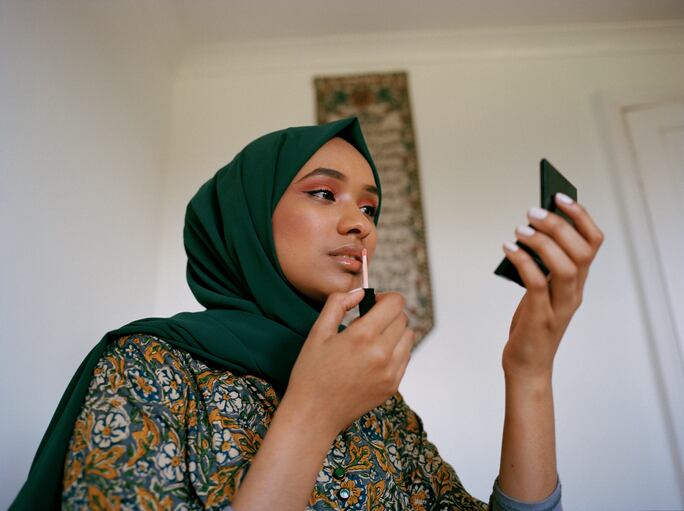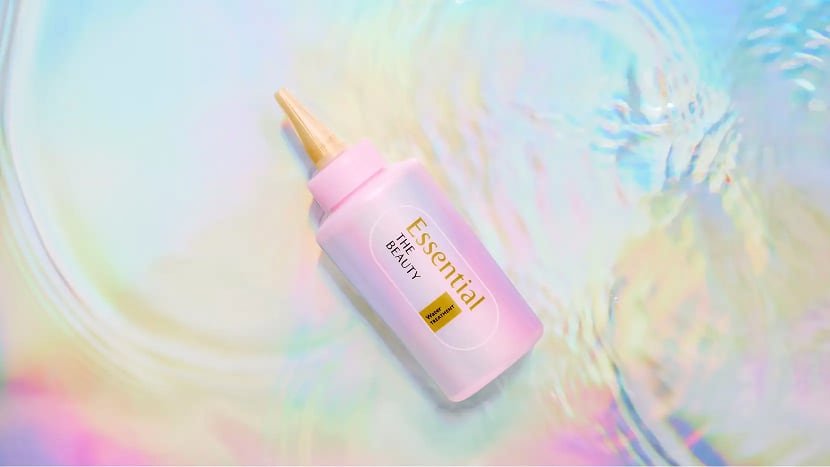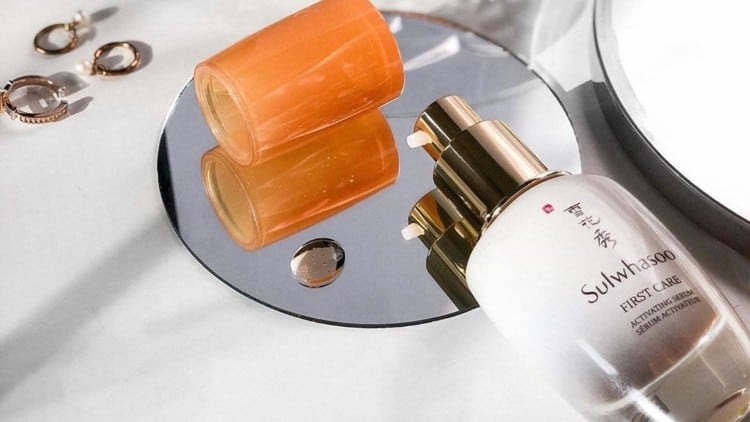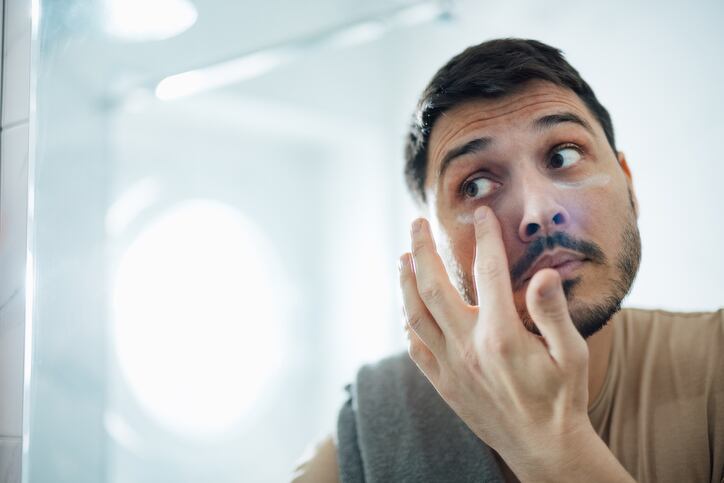The top three determinants driving halal cosmetics purchase were identified to be religiosity (68.4%), consumers perception about halal cosmetics (63.1%), and product-related factors such as ingredients, halal logo and halal certification (52.6%).
The findings were published on Journal of Cosmetic Dermatology, and the authors come from the University of Malaya in Malaysia.
It received funding support from the University of Malaya Grand Challenge (UMGC) for Humanities & Research Cluster, a grant which targets research on national priorities.
The study was a systematic literature review conducted using the Preferred Reporting Items for Systematic Reviews and Meta-Analyses (PRISMA) on two databases.
Using a self-developed search string on key words related to the consumer behaviour of halal cosmetics consumers, the authors had sieved out 14 articles for the review.
For the analysis, the authors had divided the findings into two categories, namely marketing stimuli which refers to product-related factors; and other stimuli which accounted for consumer-related factors such as religion and social influence.
Product-related factors
The study found that generally, halal cosmetics consumers have an increasing level of trust in the labelling of halal products (halal logo) which increases their likelihood of buying more halal-certified cosmetic products.
Higher religiosity is also linked to higher concern about halal labels and safety ingredients in these products.
Three out of 14 studies elicited that halal cosmetic brands did better in sales when they market products using the halal status, rather than their high-quality ingredients.
In Muslim-minority countries, they found that consumers would purchase products made in Muslim-dominated countries like Turkey, Malaysia, Dubai and Saudi Arabia, even without a halal logo.
The authors posited that the scarcity of halal personal care products in a Muslim-minority market leads to the lack of awareness among consumers regarding halal-certified products.
Interestingly, consumers in Muslim-dominated countries are more likely to spend more to find halal products, than in Muslim-minority countries like China where consumers’ willingness to buy is determined by the price competitiveness.
Consumer-related factors
The study has shown that consumers have greater trust and confidence in certain brands and are more willing to try new products when they are being recommended by family, relatives, and close friends.
This is alike in both Muslim countries and collectivist cultures in general.
Another important factor influencing purchasing decisions among halal cosmetics consumers is the knowledge about the products, as they tend to scrutinize the ingredients more than others to discern whether these ingredients are permissible in Islam or not.
Additionally, the perceived brand image that relates to Islam or halal products, such as Arabic brand names, makes it more likely for consumers to buy from them given their association of Arabic terms with Islam.
“As the findings of this study mentioned that religiosity is the highest driver in purchasing halal cosmetic products, the marketers need to gain consumer trust by adding some Islamic values to their products such as halal certificate and halal logo. Factor of religiosity positively related to consumers attitude toward purchasing halal cosmetic products. In addition to this, marketers should not be totally neglected to the factor of price as it seems the lowest driver in purchasing halal cosmetics. The price needs to be reasonable and acceptable by society as halal cosmetics used by all ages,” the authors concluded.
Source: Journal of Cosmetic Dermatology
DOI: 10.1111/jocd.15486
“Determinants of consumer adoption of halal cosmetics: A systematic literature review”
Authors: Isa R.M., Man S., & Rahman NNA, Aziz A.




